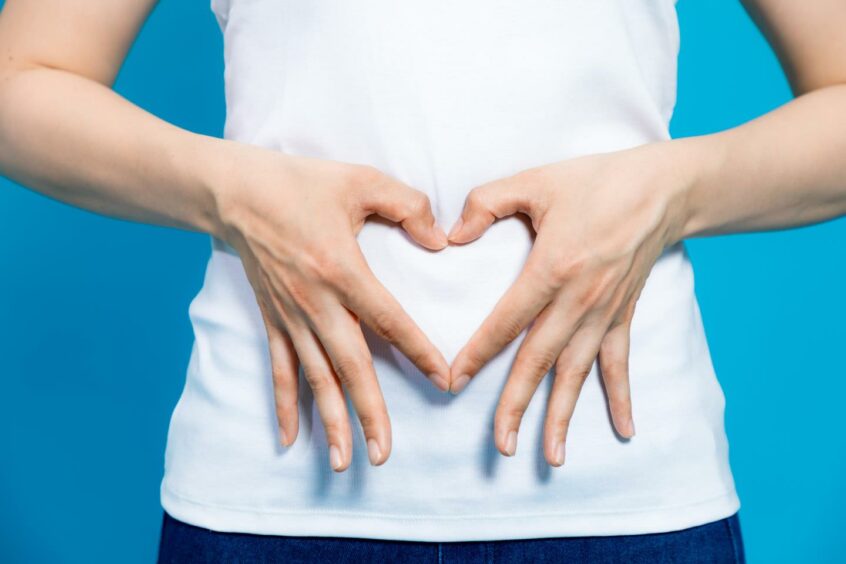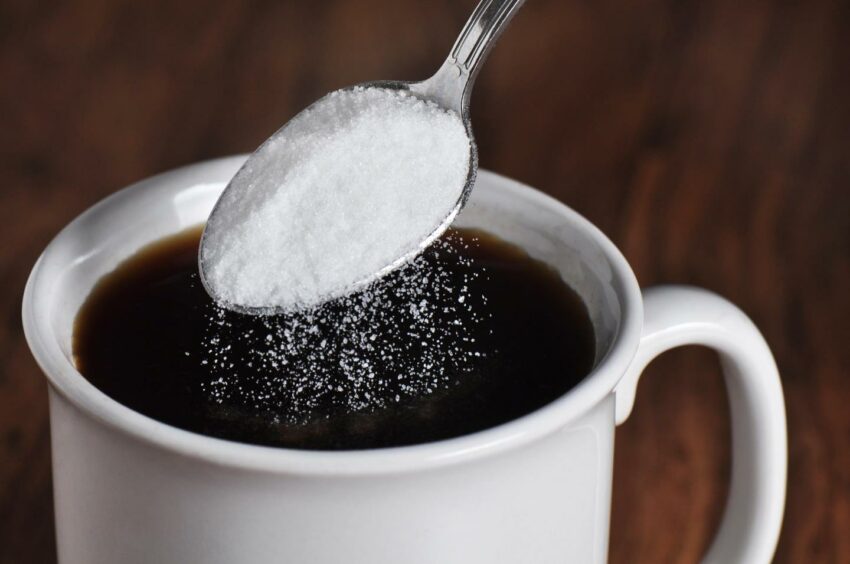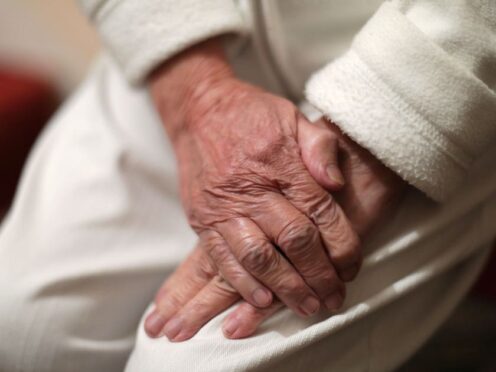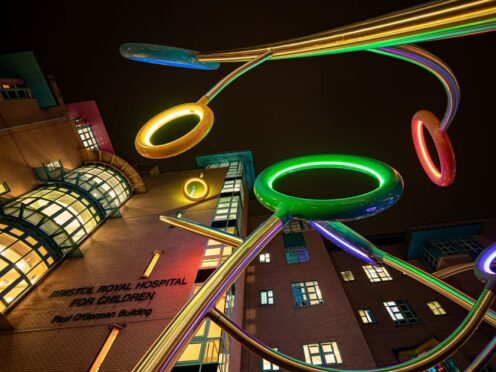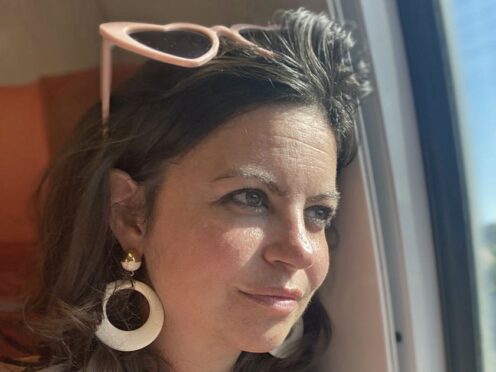It’s no secret coffee helps many of us kickstart the day, switching us from sleepy to alert. But do you find it kicks your digestive system into action too?
If you are someone who relies on your morning brew to help you have a bowel movement, you really aren’t imagining this – there’s science to back it up.
A new scientific review published in the journal Nutrients, sponsored by The Institute for Scientific Information on Coffee (ISIC), looked at evidence from 194 research publications on various ways coffee may affect our health – including how it stimulates the digestive process and increases good gut bacteria.
We talk to the review author Astrid Nehlig Ph.D, emeritus research director at the French National Institute of Health and Medical Research (INSERM), to find out more.
Coffee stimulates the digestive system
The review found drinking coffee is associated with colon motility – the process of food moving through the digestive tract.
“It has been demonstrated for a long time that people really look for their morning coffee to give them energy, to have the feeling that they are finally awake, they can start their day,” says Nehlig. “For the digestive side, for about 60% of the population, drinking coffee in the morning helps them to defecate – it stimulates [the process].”
It’s no wonder this is part of the appeal of a morning coffee for lots of people – it’s a double-whammy boost that makes us “feel better”, as Nehlig puts it.
Coffee can boost good gut bacteria
The review found links with coffee consumption and changes in the microbiome – the billions of microbiota or bacteria that live in our guts. A main finding was around levels of Bifidobacteria4-8, a known “good bacteria” associated with a host of health benefits.
Nehlig points out that studying gut bacteria and how exactly it impacts our overall health is “complex” – because we’re talking about billions of bacteria and “the exact composition of the microbiome of each individual is different”.
However, in a general sense, there’s strong emerging evidence that it plays an extremely important role in overall health and function, and there is a “real demonstrated link between gut bacteria and the brain”.
Nehlig adds: “And what we do know is that if you compare individuals without coffee and with coffee, you see that the individuals who drink coffee have changes in their microbiota, and you find a tendency to increase what we consider “good bacteria”…
“We are still missing a lot of information, but globally, coffee changes the composition of certain bacteria in a good sense, in a more healthy direction.”
What if you are putting sugar in your coffee?
Other studies have indicated that certain things can be detrimental for our gut microbiome, including too much sugar. Does that mean adding lots of sugar to our coffee could undo any positive effects on our gut bacteria?
This isn’t conclusive, says Nehlig. “It has been demonstrated that eating too much sugar is not good for your diet. But specifically for the gut microbiota, having too much sugar in your coffee and what the consequences are, in this sense, is unknown.”
What if you drink too much coffee?
The thing about coffee is the effects aren’t always universal, and even those of us who love our morning caffeine boosts are aware there’s a tipping point. Too much might leave us feeling jittery and anxious, for example, and can seriously hinder our sleep.
Is there evidence that too much coffee might undo any positive effects for our digestive systems? “We don’t really know,” says Nehlig, explaining that this link is not something that has been studied either.
“There is a general conclusion that to benefit the most from the potential positive effects of coffee on health, people should be advised to drink up to three-five cups a day, not more,” she adds. “But there is no specific indication for the digestive system.”
To find out more, visit www.coffeeandhealth.org



